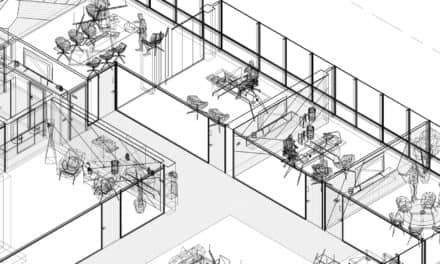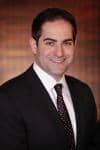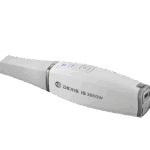Tufts University, Boston, has developed the first university-level Dental Sleep Medicine Program in the United States. Starting in fall 2009, the Craniofacial Pain, Headache and Sleep Center, part of the Department of General Dentistry at Tufts Dental School, will offer the new Dental Sleep Medicine (DSM) course to postgraduate dental students.
The course will provide classroom and clinical instruction to postgraduate students. Postgraduate students and residents can participate in patient assessment, interpretation of polysomnograms (an overnight lab test used in to diagnose sleep disorders), and the use of ambulatory sleep study monitors when titrating oral appliances. The students can also be trained in selecting, fitting, and adjusting the oral appliances used to treat obstructive sleep apnea.
The American Academy of Dental Sleep Medicine (AADSM) applauded Tufts University School of Dental Medicine for its development of the flagship Dental Sleep Medicine Program.
“Dental sleep medicine is a rapidly-expanding field where the dentist has an immediate and direct effect on the overall health of the patient. In the future, dentists trained in DSM will be integrated into the expertise available at sleep centers and sleep medicine programs because these dentists are most qualified to offer patients the oral appliances that can help treat obstructive sleep apnea,” Noshir Mehta, DMD, MDS, director of the Craniofacial Pain, Headache and Sleep Center at Tufts, said in an announcement from the AADSM.
“I applaud the educators at Tufts School of Dental Medicine for the implementation of their Dental Sleep Medicine Program and hope that many dental schools will follow their lead,” said AADSM president Jeffrey Pancer, DDS, in an announcement. “Experts estimate that 80% to 90% of adults with OSA remain undiagnosed and untreated, so the education and training of dental students in DSM will greatly benefit OSA patients who are seeking an alternative therapy to Continuous Positive Airway Pressure (CPAP).”
“Tufts’ pre-graduate dental students have had DSM course content for several years,” said Leopoldo P. Correa, BDS, course director of the Dental Sleep Medicine Section at Tufts Dental School. “Some of our students choose to incorporate DSM into their practices upon graduation while other students leave Tufts with a better idea of how to identify patients who may have OSA and who should get tested at a sleep center. By offering a post-graduate course, in addition to the course content in our pre-graduate and continuing education programs, more students will gain the skills and in-depth experience they need to integrate DSM into their practices.”









